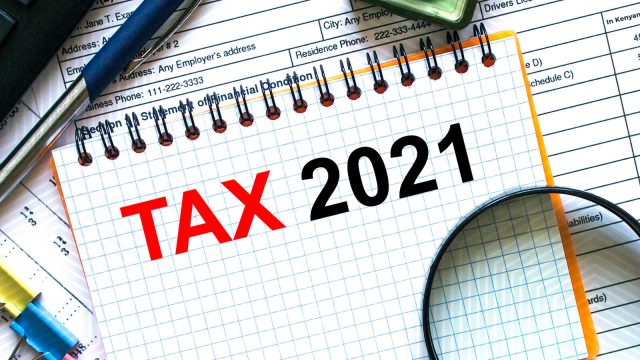Freelancers, here’s how to file your tax returns
While being a freelancer has its own benefits, the government still expects you to pay taxes. Here is what you should keep in mind when it comes to filing tax returns as a freelancer.

The Covid-19 pandemic has hit the job market like a ton of bricks. Between pay cuts, layoffs and diminishing opportunities, lots of people are beginning to embrace the gig economy to make ends meet.
More people are registering their own companies and taking freelance roles than ever. While those still in employment are also taking side hustles to supplement their incomes.
According to data from the Business Registration Service, the number of registered companies more than doubled since the pandemic, as Kenyans entered the survival mode.
Over 150,772 entities were registered in the 2020/2021 Financial Year, compared to 103,400 entities the previous year.
Whether you bring home bacon as a freelancer, employed with a side hustle or you’re the top honcho in your own small company, one thing is for sure: you have to pay taxes.
As a responsible citizen, it is fundamental that you pay your taxes. The income tax that you pay is used by the government to build the nation and sustain the economy.
Beyond paying your taxes, you must also file your tax returns. It is a legal requirement according to Section 52B of the Income Tax Act Cap.470.
How do I keep track?
Although freelancing offers a lot of freedom and flexibility to be creative, it comes with a significant responsibility. That’s especially true when tax time rolls around.
The taxman expects you to understand your obligations and pay income tax—whether turnover tax, minimum tax, or VAT every month. Then file your income tax returns between 1st January and 30th June of every year.
The process is much easier for employed individuals. All they have to do is get their P9 Form from their employers and cross-check the figures on the already auto-populated on the iTax system.
If you’re employed and also have an additional source of income, you have to incorporate those details in the iTax system.
For self-employed hustlers, say, creative designers, photographers, online writers, musicians, and event moderators, you’ll require a profit and loss statement of your company.
Technology to the rescue
Over the years, the Kenya Revenue Authority has progressively enhanced taxpayers’ experience through the implementation of technology. These include the recently launched KRA M-Service App. This App enables taxpayers to access various services offered by the Authority such as taxpayer registration, payment of taxes and filing of returns.
Individual taxpayers with other income in addition to employment income are required to download the excel income tax return to make their declarations.
Too old to remember your Password?
In the event you misplace your PIN or password, you can simply reset it by entering your KRA Pin and click on the ‘Forgot Password/Unlock Account’. You will then be issued a new password which you will need to change immediately.
The beauty of filing returns is that it saves you from paying the Ksh.2,000 penalties for late filing.
After submitting your returns, KRA will send you an acknowledgment number and an email confirmation stating that you have successfully filed your tax returns.
